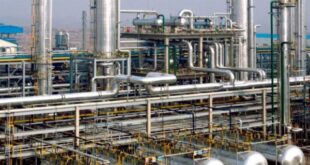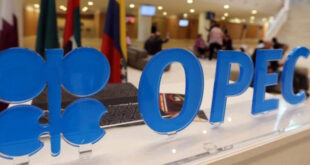
The Minister of State for Petroleum Resources, Dr. Ibe Kachikwu, on Wednesday said the federal government decided to do away with the country’s former practices of Offshore Processing Agreements (OPAs) and the crude-for-products-exchange arrangement, also known as crude swaps, and other unprofitable products and crude oil arrangements because it wanted to eliminate rent seekers from benefitting from the country’s oil and gas resources.
Kachikwu also explained that the ongoing reforms which the government is undertaking in the country’s oil industry is aimed at, “having the right people, doing the right things, at the right time, for the right purpose to yield the right results.”
A statement from the Group General Manager, Public Affairs of the Nigerian National Petroleum Corporation (NNPC), Ohi Alegbe, in Abuja, disclosed that the minister told members of the National Assembly that stopping the OPAs and all others was all in a bid to avoid rent seekers and add value to the Nigerian hydrocarbon resources.
Kachikwu who reportedly expressed his readiness to work closely with the National Assembly to ensure the speedy growth and development of the Nigerian oil and gas sector, adding that from reports available to him, two of the country’s four refineries may be re-streamed before the end of December 2015.

According to the statement, the minister explained in a presentation he made to the legislators that the average national crude oil production as at July 2015 stood at 2.1 million barrels per day (mbpd) with the equity production of the Nigerian Petroleum Development Company (NPDC) at 99,000 barrels per day (bpd).
He noted that the declining Joint Venture reserves were due to inadequate and low investment in the oil assets, stressing that the issue of funding constraints must be addressed going forward with the collaboration of private and international investors.
Kachikwu informed that the average gas-to-power generation is now about 3,000 megawatts (MW) while domestic gas supply was one billion standard cubic feet (scf), and NPDC is contributing up to 600 million standard cubic feet of gas.
Further on the state of the refineries and refining operations in Nigeria, Kachikwu stated that efforts are on to engage private investors to build new refineries within the old ones to enable the refineries share power, pipelines and other resources.
He said that the sector under his watch would ensure that the Nigeria Content policy would transform the industry into the economic engine for job creation and national growth, adding that the introduction of a private sector model that would reinvigorate efficient supply and distribution of petroleum products especially in the area of pipeline assets would be good for the country’s downstream petroleum sector.
According to him, the menace of pipeline vandalism has led to huge losses of crude and petroleum products with 27, 967 incidents of pipeline vandalism recorded in the last few years.
He noted that unutilised pipelines and poor pipeline integrity have also led to high cost of trucking and its associated impacts on the country’s roads network.
 MMS PLUS NG – Maritime, Aviation, Business, Oil and Gas News Online Newspaper with coverage in Maritime, Oil and Gas, Aviation, Power and Energy as well as Financial News
MMS PLUS NG – Maritime, Aviation, Business, Oil and Gas News Online Newspaper with coverage in Maritime, Oil and Gas, Aviation, Power and Energy as well as Financial News









